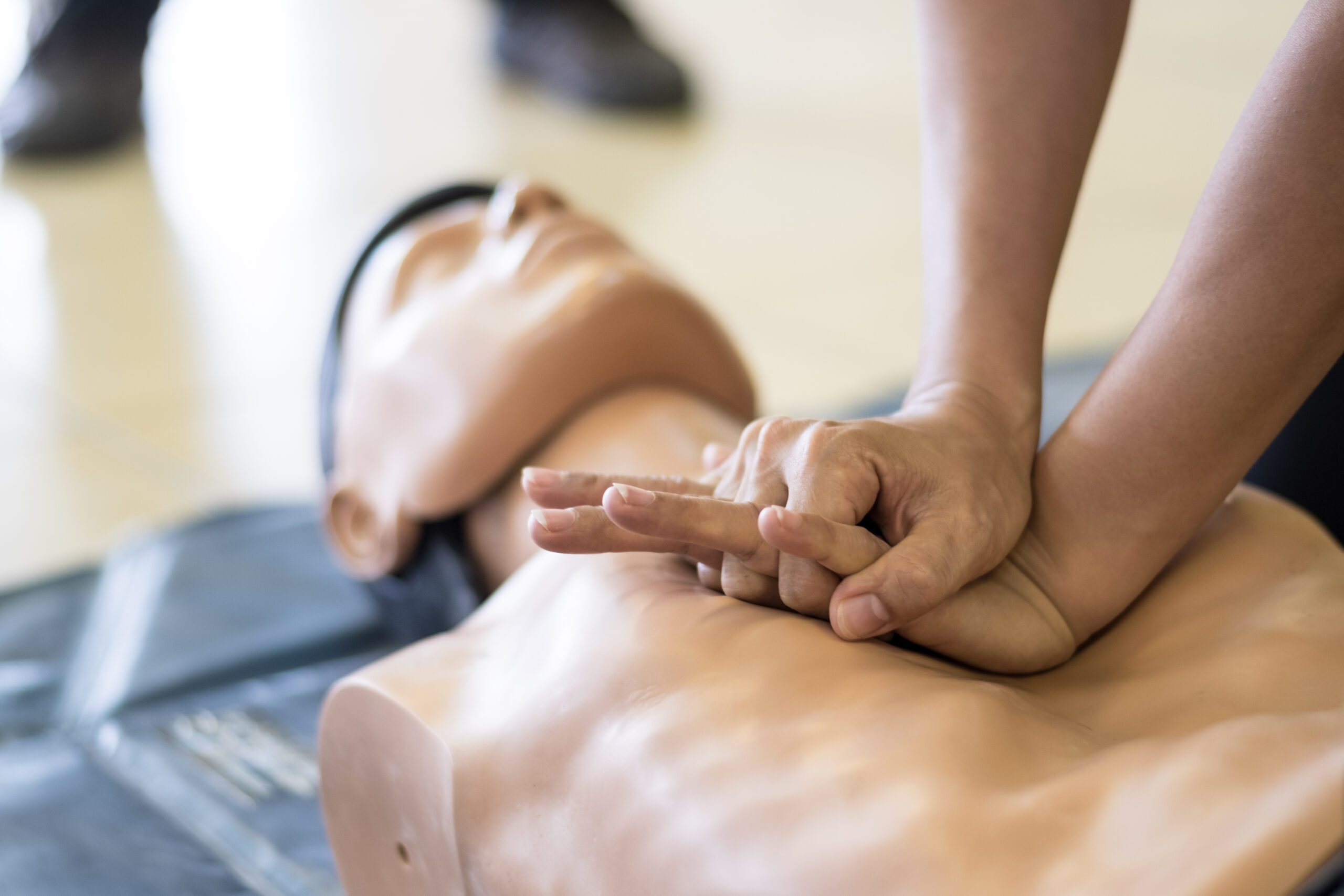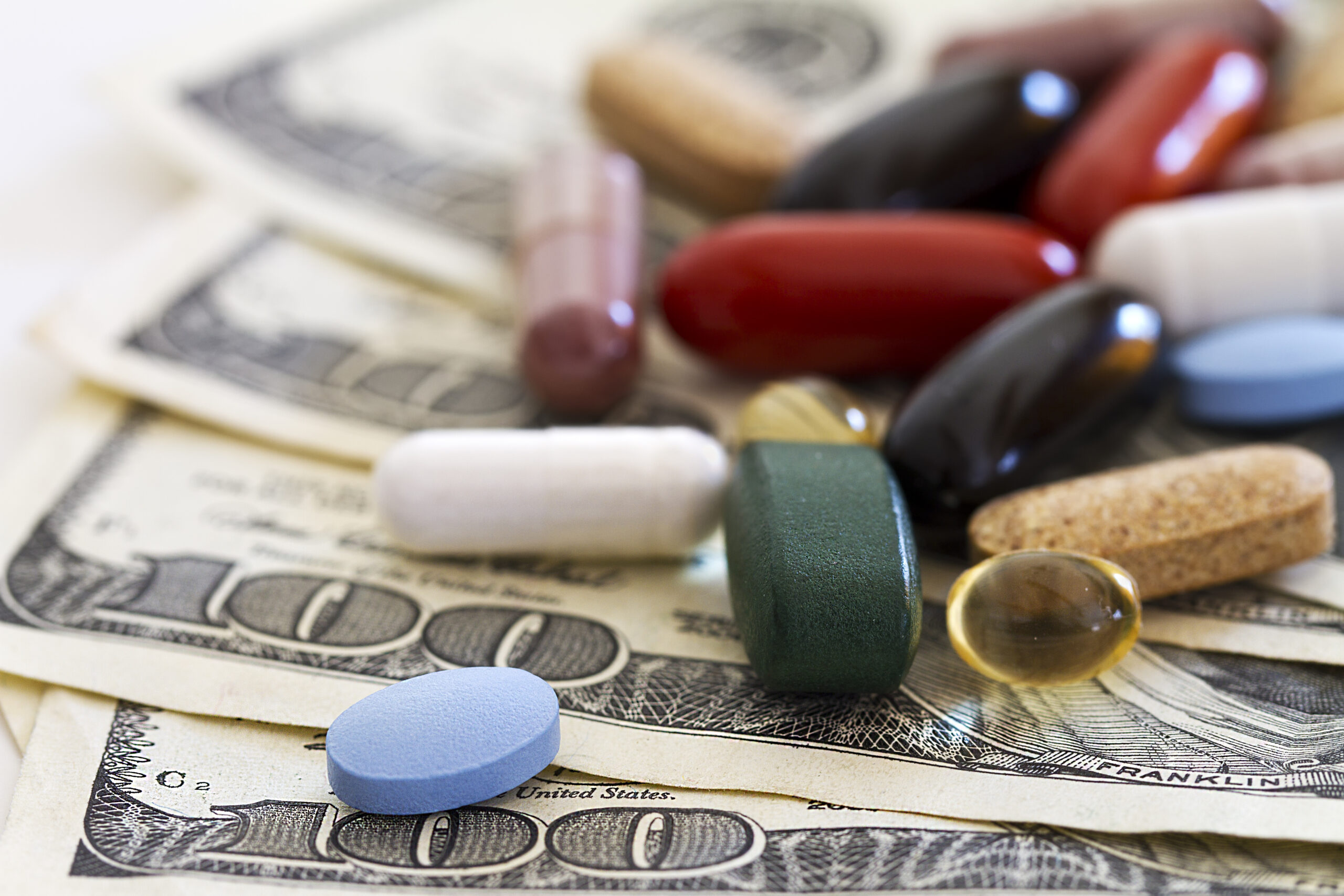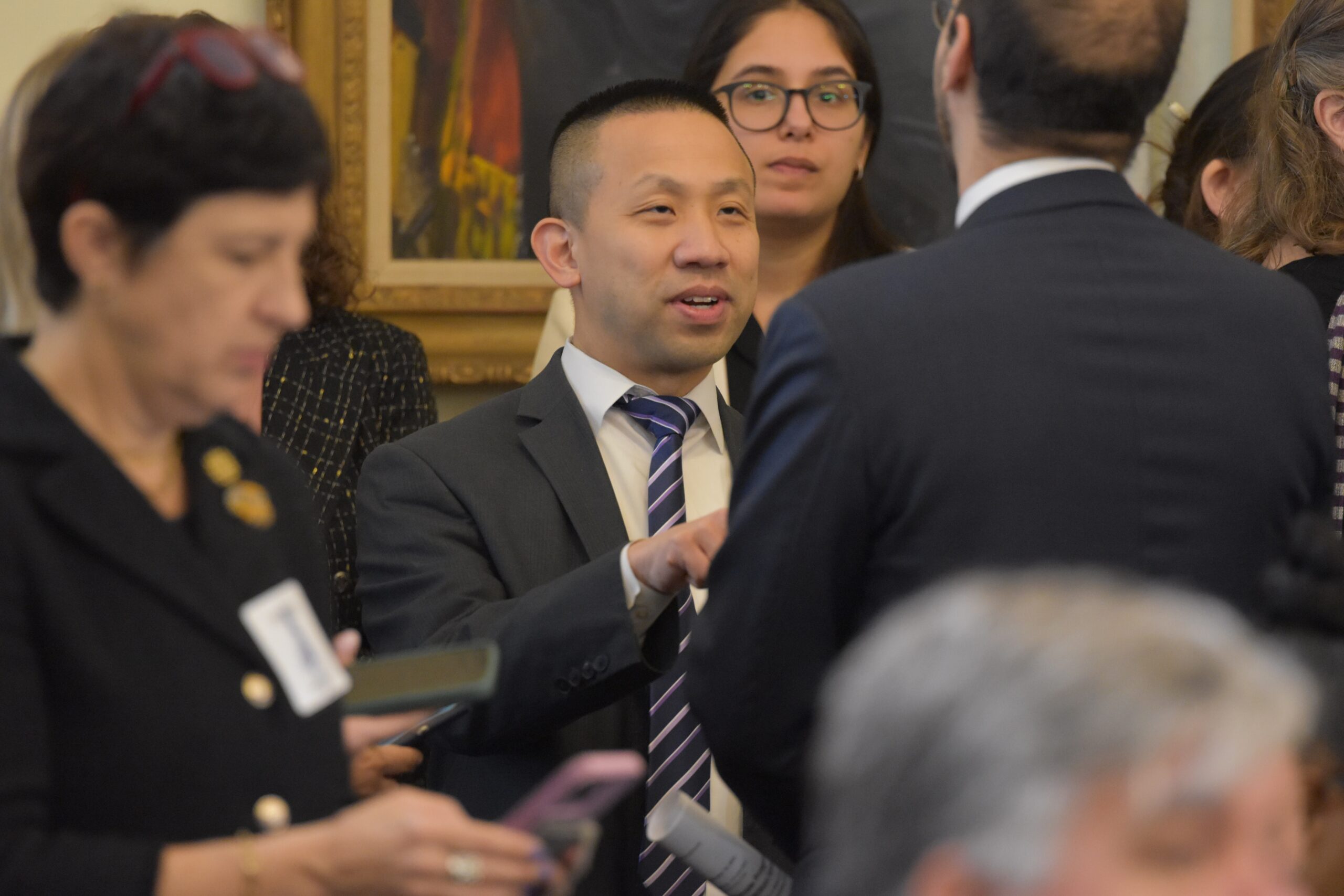Health Experts Urge Education, Community Partnerships to Offset Racial Disparities in CPR Rates

In August 2021, Dr. Bryan O. Buckley — a member of the board of directors for the American Heart Association’s Greater Washington Region — helped save a man’s life by administering CPR when he collapsed suddenly along Three Notch Trail in St. Mary’s County.
Buckley recalled that Christopher Holton, a Black man in his early 50s, went into cardiac arrest on the trail. Holton was “gasping for air,” Buckley said, and while there were other bystanders around at the time, no one came forth to try to provide first aid.
Buckley said he had last performed CPR some 10 years ago at the time. He asked the bystanders if any of them knew how to perform CPR, and when one woman said she did, she agreed to direct Buckley on how to provide first aid. He then performed CPR on Holton for about 20 minutes, until emergency medical services arrived. Holton survived the incident.
Holton’s experience along Three Notch Trail tracks with a recent report highlighted by the American Heart Association, which found that Black and Hispanic adults are less likely to receive CPR in public during a cardiac arrest than white Americans.
Researchers analyzed more than 110,000 records of out-of-hospital cardiac arrests from 2013 to 2019, and found that Black and Hispanic adults were 41% less likely to receive CPR in public than white people.
Cardiac arrest is reversible in most victims if treated within the first few minutes, Wayne Carter, communications director for the American Heart Association’s Baltimore and Greater Maryland Region, wrote in an email to Maryland Matters.
Carter said that while a person’s chances of survival can double or triple if they receive immediate CPR, bystander CPR is administered less than 50% of the time. The American Heart Association estimates that roughly 350,000 people suffer an out-of-hospital cardiac arrest in the U.S. each year.
And Buckley pointed out that when Holton suffered his cardiac arrest on Three Notch Trail, the victim, Buckley himself, and Buckley’s friend with whom he was biking at the time were the only Black people in the area.
“Anytime someone has a cardiac arrest, it’s a scary moment,” Buckley said. “When you’re Black or Hispanic, it’s even scarier, because it could be less likely people would want to interfere.”
Factors such as potential exposure to COVID-19 or possibility of injuring a victim might also deter bystanders from wanting to provide first aid, he added.
Holton echoed that sentiment in an interview with Maryland Matters. The Mechanicsville resident said of his cardiac arrest along the trail, “I’m just lucky that people didn’t just walk over top of me … I felt lucky that Dr. Buckley and his friend approached me after seeing me fall.”
According to Holton, it was quick intervention on the part of Buckley and his friend that compelled other bystanders to approach and ask if he needed help. “I don’t mean to sound so cynical, but I was lucky that it was two African-American males that actually saw me fall,” he said. “They reacted, and I believe that their reaction helped more people get involved than just keep moving.”
But bystanders would likely be more comfortable providing first aid to victims of cardiac arrest with more exposure to CPR training, according to Buckley. He suggested, “making sure that folks in high school and colleges have to do a CPR class … Libraries, I think, are awesome opportunities as well” for people to learn about CPR or heart health in general.
Dr. Athol Morgan, director of cardiology at Grace Medical Center in Baltimore, said that communities of color, like the one he serves, are often not given adequate educational and training resources on how to perform CPR.
“The training to do CPR is much less” in West Baltimore, Morgan said, adding that his practice serves a population that is about 80% African American. He praised initiatives like Breanna’s Law, which has mandated CPR training for high school students in Maryland since 2015, but pointed out that non-white, lower socio-economic status communities still face significant shortages in training and resources.
“Everywhere in the world that people have looked in other countries in other situations, neighborhoods that have less — less income, less services, less of everything — have that disparity” in CPR training, according to Morgan.
Both Buckley and Morgan highlighted the role of tele-CPR — in which a 911 dispatcher talks a caller through how to perform the procedure — as a possible means to address those disparities in CPR administration.
“I do have a patient who is a cardiac arrest survivor,” Morgan said. He recalled that his patient was in her 30s when she had a sudden cardiac arrest at home. “Her sister was there, but her sister did not know CPR,” according to Morgan. “Fortunately, the 911 operator talked her through CPR … and if you met [the patient] today, you wouldn’t know that she’s a cardiac arrest survivor.”
Holton said he spent 14 days recovering from the incident at MedStar Southern Maryland Hospital in Clinton, before undergoing physical, speech and cognitive rehabilitation at a facility in Takoma Park. He recalled having a pacemaker implanted in September in the event of another cardiac arrest.
“I’m very grateful that Dr. Buckley and his friend took action to allow me to be here today,” Holton said. “I can see my daughter excelling in school, in sports and in band,” and look forward to his son’s graduation in November.




 Creative Commons Attribution
Creative Commons Attribution